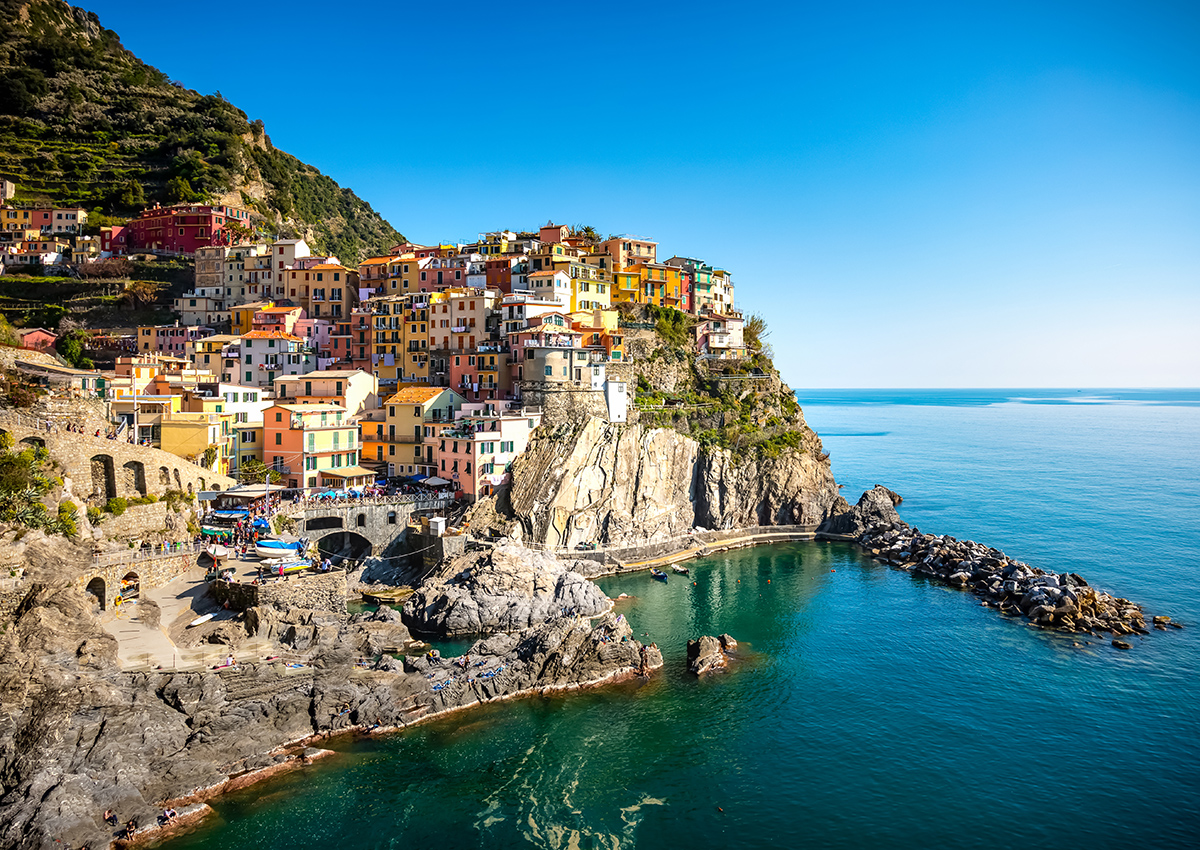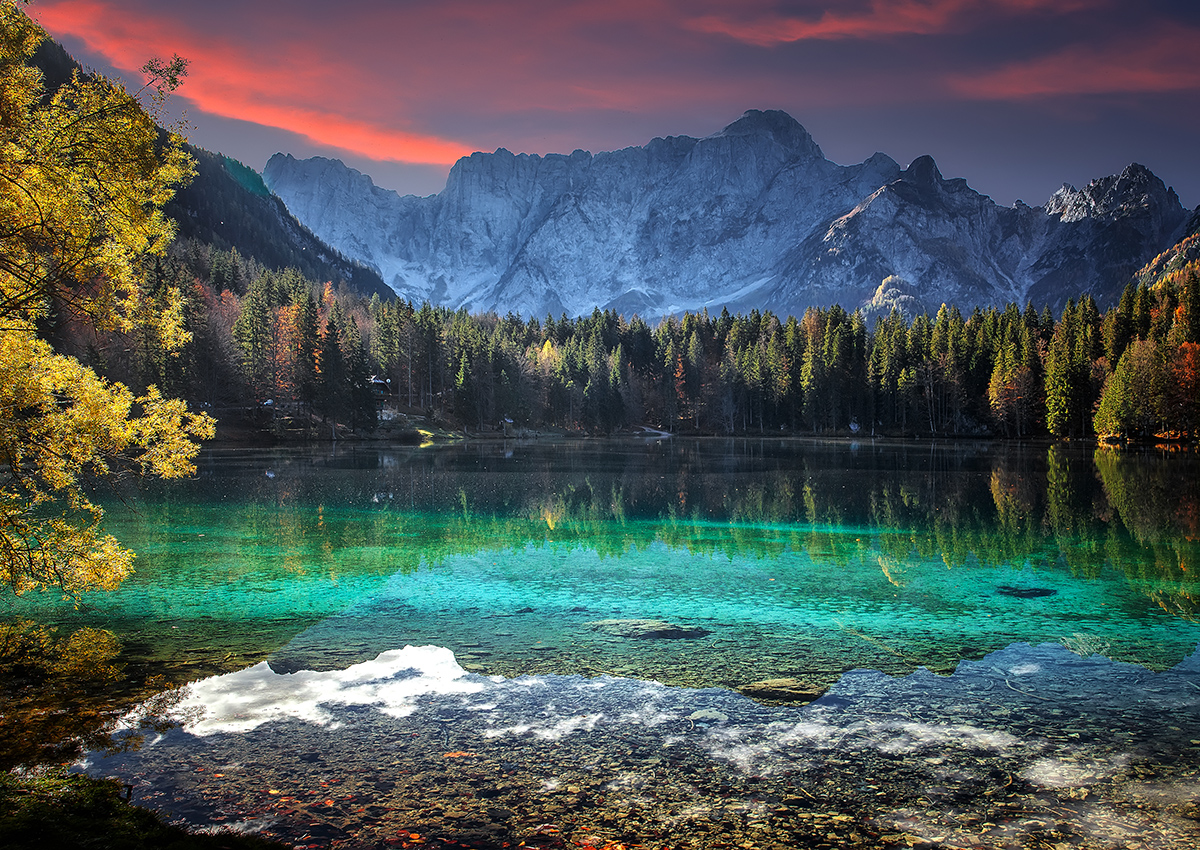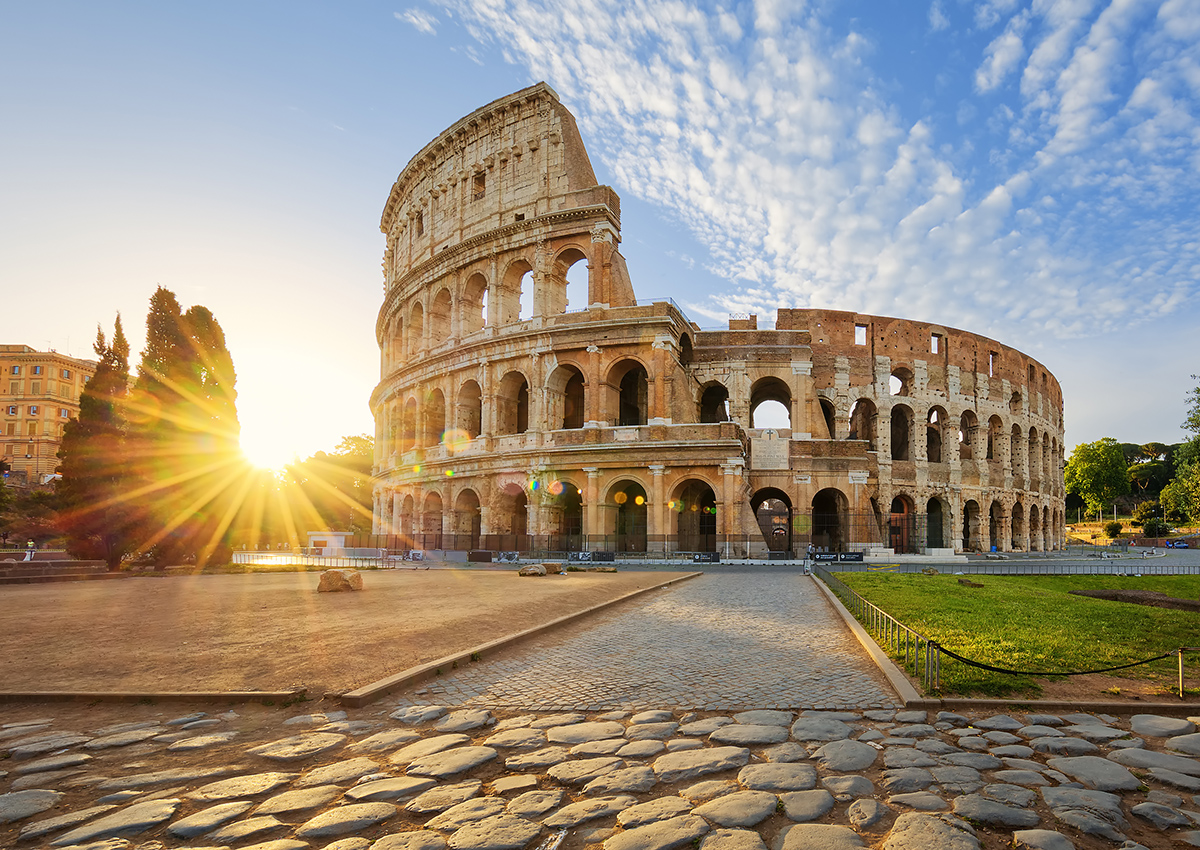All the information you need to travel to Italy
Looking for travel information on Italy? If you're interested in obtaining information on every country in the world, then we highly recommend downloading the free Berbe app. With this user-friendly app, you'll have access to all the information you need about any country you desire at the touch of a button, making it easier than ever before to stay informed and educated about the world around you.
Are there travel restrictions to Italy?
When it comes to travel requirements for Italy, the good news is that there is currently no proof of vaccination, negative test results, or COVID-19 recovery certificates required for entry, regardless of your vaccination status. However, it's worth noting that mandatory COVID-19 testing has been reinstated for passengers arriving from China, including those in transit through Italy. Children aged five and under are exempt from this requirement, as long as they are not displaying any symptoms of COVID-19.
Things to do in Italy
Italy is a country with a rich history, stunning architecture, delicious food, and breathtaking scenery. A visit to Italy is a journey through time, art, and culture. The country is known for its iconic landmarks such as the Colosseum, Leaning Tower of Pisa, and the Vatican City, but there are plenty of other places to explore as well.
One of the main draws of Italy is its food. Italian cuisine is famous all over the world, with dishes like pizza, pasta, and gelato being popular favorites. Visitors to Italy can try these classics in the many trattorias, pizzerias, and gelaterias that line the streets of the country's cities and towns. In addition to these staples, each region has its own unique dishes and specialties that are worth trying.
Italy is also home to many beautiful beaches, particularly along the southern coast. The island of Sardinia is a popular destination for beachgoers, with crystal-clear waters and white sand beaches. Other notable beach destinations include the Amalfi Coast, Cinque Terre, and the beaches of Puglia.


When it comes to cultural activities, Italy has no shortage of options. Art lovers can explore the galleries of Florence, the Vatican Museums in Rome, and the Peggy Guggenheim Collection in Venice. History buffs can visit the ancient ruins of Pompeii, the Roman Forum, and the medieval towns of Tuscany. Wine enthusiasts can explore the vineyards of Tuscany and taste some of Italy's famous wines like Chianti and Brunello di Montalcino.
Finally, Italy's cities are also known for their fashion and shopping. Milan is famous for its fashion industry, with designer boutiques lining the streets of the city center. Florence is known for its leather goods, while Naples is famous for its handmade cameos.
Whether you're interested in art, history, food, or just soaking up the Mediterranean sun, Italy has something for everyone.
Healthcare in Italy
In terms of healthcare, Italy ranks 31st in the world. The national health service in Italy, Servizio Sanitario Nazionale (SSN), offers residents access to free or low-cost healthcare, including general practitioners (GPs), treatment at public hospitals, subsidised medicines, lab services, ambulance services, and certain specialist care. This means that visitors to Italy can rest assured that they will be well taken care of in case of any medical emergencies.
Is Italy safe? What is the crime rate in Italy?
Discovering safe travel practices is imperative when planning a trip to Italy, as crime and scams can happen to unsuspecting tourists. One common scam that has been in the headlines involves overcharging at restaurants and bars. It's important to avoid being overcharged, either legitimately or not, by finding a restaurant or bar slightly away from the tourist sites. Another tip is to ask for a written menu or il conto, the restaurant bill, when it's time to pay. Extra charges like the traditional pane e coperto and servizio charge are often legitimate, but it's always a good idea to check for fine print, especially in places with sea views like the Cinque Terre or Amalfi.
The fashion scam is another prevalent issue in Italy, with well-dressed individuals approaching tourists and offering designer items like cashmere coats, leather jackets, and silk scarves at cost. However, these items are usually counterfeit, and it's illegal for both the seller and the buyer to engage in the trade of counterfeit goods.
Transportation scams are also something to be aware of, especially when using ticket machines or encountering individuals who offer to carry your luggage. Public transport can also have ticket inspectors, and it's essential to validate paper tickets and pre-order a pass to avoid any issues. When using taxis, it's important to ensure that you're getting into an official, metered vehicle and that the metre is turned on. Taxis may legitimately charge extra for luggage and the journey to you, so it's best to do research on these charges before your trip.
Jewellery scams are prevalent in big city squares, where individuals may approach tourists with various pretexts for extracting money. While these individuals are usually in need of an income, it's best to hand over loose euros as a gift without engaging.
Finally, tourists should be aware of the tax police scam, where the Guardia di Finanza may ask for receipts after a transaction to ensure shop or restaurant owners are recording every sale. While it's not a common occurrence, it can happen, and it's important to be cautious when asked to show your receipts. If you're unsure, ask for the badge number or call 112 for assistance. By taking these precautions and being vigilant, you can have a safe and enjoyable trip to Italy.
What plug sockets are used in Italy?
Are you planning a trip to Italy and wondering what type of plug sockets to bring? Italy uses three types of plug sockets - Type C, Type F, and Type L. Don't worry about packing the wrong one, download the free Berbe app to view plug socket and adapter types for Italy and every other country.
What are the emergency phone numbers in Italy?
It's always important to know the emergency service phone number when travelling abroad. In Italy, the emergency service phone number is 112.
What is the capital of Italy?
The capital city of Italy is Rome. This historical city is famous for its ancient sites like the Colosseum and Roman Forum, but it's also known for its modern attractions like the Spanish Steps, the Trevi Fountain, and a thriving film industry. With incredible food, gardens, and art, Rome is a must-visit destination.
Best holiday vacation deals Italy
Looking for the best holiday vacation packages to Italy? Look no further! We offer exclusive deals and offers for your dream Italian vacation. Download the free Berbe app to view our packages and start planning your trip today.
What vaccinations do I need for travelling to Italy?
Travelling to Italy requires some routine vaccinations to ensure your health and safety. Make sure you are up-to-date on all routine vaccines before every trip, including chickenpox (Varicella), diptheria-tetanus-pertussis, flu (Influenza), measles-mumps-rubella (MMR), polio, and shingles. Additionally, all eligible travellers should be up-to-date with their COVID-19 vaccines.


If you're travelling to smaller cities, villages, or rural areas where exposure might occur through food or water, consider getting a Hepatitis A vaccine. For unvaccinated travellers of all ages, a Hepatitis B vaccine is recommended. Infants between 6 and 11 months old travelling internationally should get 1 dose of measles-mumps-rubella (MMR) vaccine before travel. Rabies may still be present in wildlife species, particularly bats, so CDC recommends rabies vaccination before travel only for people working directly with wildlife. If you're travelling to TBE-endemic areas, a TBE vaccine is recommended for persons who will have extensive exposure to ticks based on their planned outdoor activities and itinerary.
What are the customs allowances in Italy?
If you're wondering about customs allowances in Italy, you can find the most up-to-date information by visiting the Italian Customs website. They'll provide you with all the information you need to know about bringing items into the country and what's allowed.
What is the language in Italy?
When it comes to languages spoken in Italy, Italian is the official language, with the majority of the population speaking it as their native language. However, many Italians also speak a regional dialect, which can differ greatly from standard Italian. Additionally, you'll find that English, French, and German are also spoken in some areas.
What is the currency in Italy?
The currency used in Italy is the Euro, so make sure you have some on hand before your trip.
How much should I tip in Italy?
As for tipping in Italy, it's not as common as it is in some other countries. Italians generally only tip for exceptional service, and even then, it's usually only an extra 10-15% or just the change left over from the bill. So don't feel obligated to tip unless you feel like you've received exceptional service.
Planning a trip to Italy can be overwhelming, but with these tips, you'll be well on your way to having an amazing experience. And don't forget to download the Berbe app, where you can find helpful information about Italy's plug sockets, emergency services, and more!
Stay ahead of the game, Berbe has you covered!
Discover the beauty of Italy with Berbe! Our free app provides comprehensive travel information on everything from accommodations to activities. With Berbe, you'll be able to plan your perfect Italy getaway with ease.
In addition to our travel guide, Berbe also offers a range of other useful tools, such as a currency converter, weather updates, and a language translator. You can use these tools to stay informed and prepared throughout your trip.
And with our customizable itinerary planner, you can create a personalised travel plan based on your interests and preferences. Whether you're looking to relax on the beach, explore local culture, or indulge in some shopping, Berbe can help you plan your ideal itinerary.
Don't miss out on these helpful travel tools and more. Download the Berbe app today on the Apple Store or Google Play, and start planning your perfect Italy adventure!
